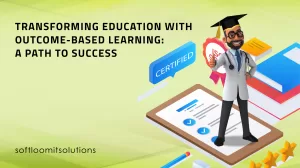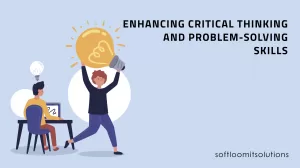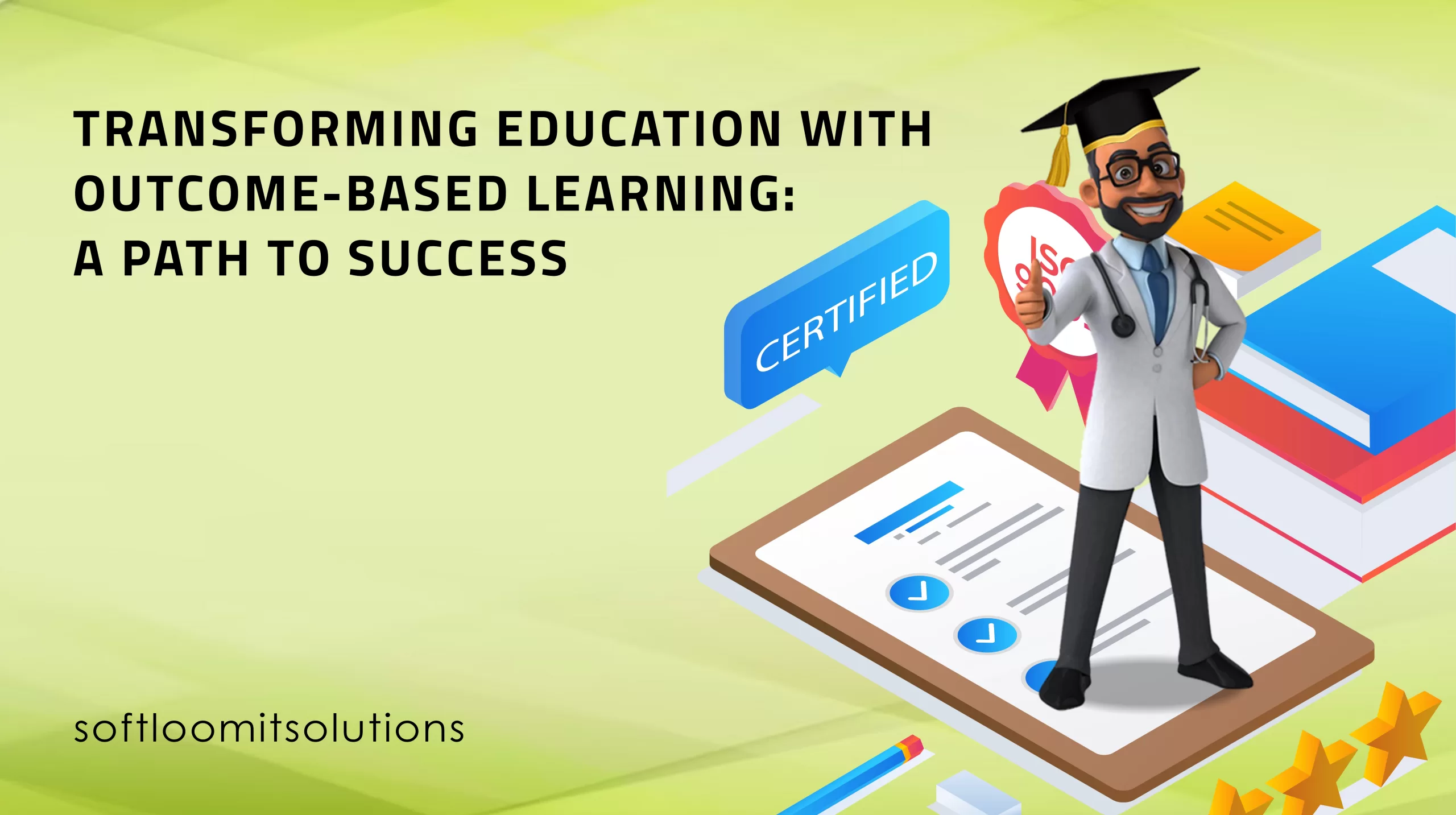Education has been undergoing a profound transformation, ushering in a new era that challenges traditional methods and replaces them with more dynamic and effective approaches. One of the innovative models at the forefront of this evolution is Outcome-Based Learning. This educational paradigm is revolutionizing the way we teach and learn, prioritizing skill mastery and practical application. In this blog post, we will delve into the impact of Transforming Education with Outcome-Based Learning and explore the benefits it offers to both students and educators.

Shifting the Focus to Real-World Application
Outcome-Based Learning reorients our perspective away from the rote memorization and standardized testing that have dominated education for generations. Instead, it encourages students to understand concepts deeply and apply them in real-world contexts. This shift ensures that learners acquire the essential skills and knowledge they need to excel in their chosen careers.
Clear Learning Objectives and Competency-Based Assessment
This approach to education transforms education by setting clear learning objectives for each subject, defining expected outcomes and competencies. Assessment methods are meticulously designed to evaluate students’ mastery of these specific outcomes, enabling educators to identify areas of strength and areas that need improvement more effectively.
Personalized Learning and Flexibility
Transforming Education with Outcome-Based Learning promotes personalized learning experiences tailored to individual students’ unique needs and abilities. With clearly defined outcomes, educators can design learning paths that address each student’s strengths and weaknesses. This approach fosters a more inclusive and flexible learning environment, accommodating diverse learning styles and paces.
Enhancing Critical Thinking and Problem-Solving Skills

By placing an emphasis on real-world application, Outcome-Based Learning nurtures the development of critical thinking and problem-solving skills. Educators challenge students to analyze complex problems, think creatively, and develop innovative solutions. This fosters a deeper understanding of concepts and cultivates essential skills for success in today’s rapidly changing world.
Collaboration and Communication
Outcome-Based Learning promotes collaboration among students, often requiring them to work together to achieve common goals or solve complex problems. Collaborative projects and activities encourage effective communication, teamwork, and the ability to work in diverse groups. It is essential to have these interpersonal skills in both academic as well as professional settings.
Engaging and Motivating Students
With its emphasis on practical application and relevance, Outcome-Based Learning increases student engagement and motivation. When students understand the purpose and real-world significance of their learning, they are more likely to be motivated to excel. This shift from passive learning to active participation enhances students’ overall educational experience.
Aligning Education with Industry Needs
Outcome-Based Learning ensures that education aligns with the needs of the industry and the job market. By focusing on specific competencies and practical skills, this approach equips students with the abilities demanded by employers. Graduates better prepare to enter the workforce, bridging the gap between education and industry requirements.
Conclusion
Outcome-Based Learning is a transformative force in education, shifting the emphasis from memorization to practical skills, critical thinking, and personalized learning experiences. This approach equips students with the competencies they need to thrive in their careers, and its benefits extend beyond individual students to positively impact educators, the industry, and society as a whole. As education continues to evolve, Outcome-Based Learning represents a significant step forward in preparing students for success in the 21st century.
The Role of OBE Software
The implementation of OBE software further enhances the potential of this educational approach. It allows for the tracking of each student’s progress based on their performance and differential growth at various stages, adhering to the education standards set by the National Education Policy NEP 2020. Through the mapping of Program Outcomes (PO) and Course Outcomes (CO), best-suited assessments, and question-wise outcome calculation, educators can gain valuable insights into the factors that have contributed to students’ improvement. OBE software also enables the generation of reports related to CO-PO mapping, students’ yearly attainments, student-wise attainment, and course-level attainment, all with minimal errors.
To Sum Up
In summary, Outcome-Based Education has the power to transform the learning experience of students and should be embraced by educational institutions to enhance students’ knowledge and skills. It prioritizes knowledge acquisition and the development of critical thinking over competing for the title of the “Topper.” Outcome-Based Education software aids teachers in designing curricula and monitoring students’ growth at every stage, making it a valuable tool for institutions seeking to implement this approach effectively.
If you have any doubts on Outcome-Based Education Software? Contact Softloom for a FREE demo of OBE software!






